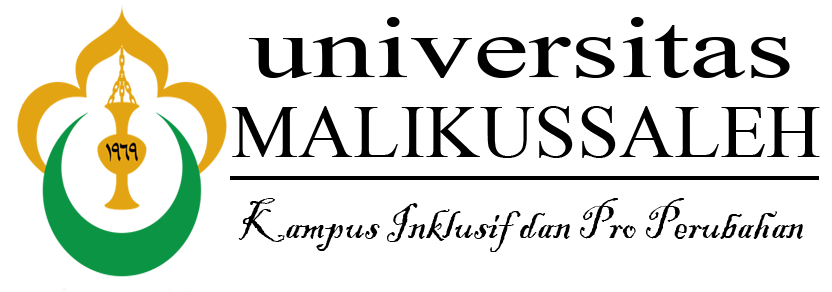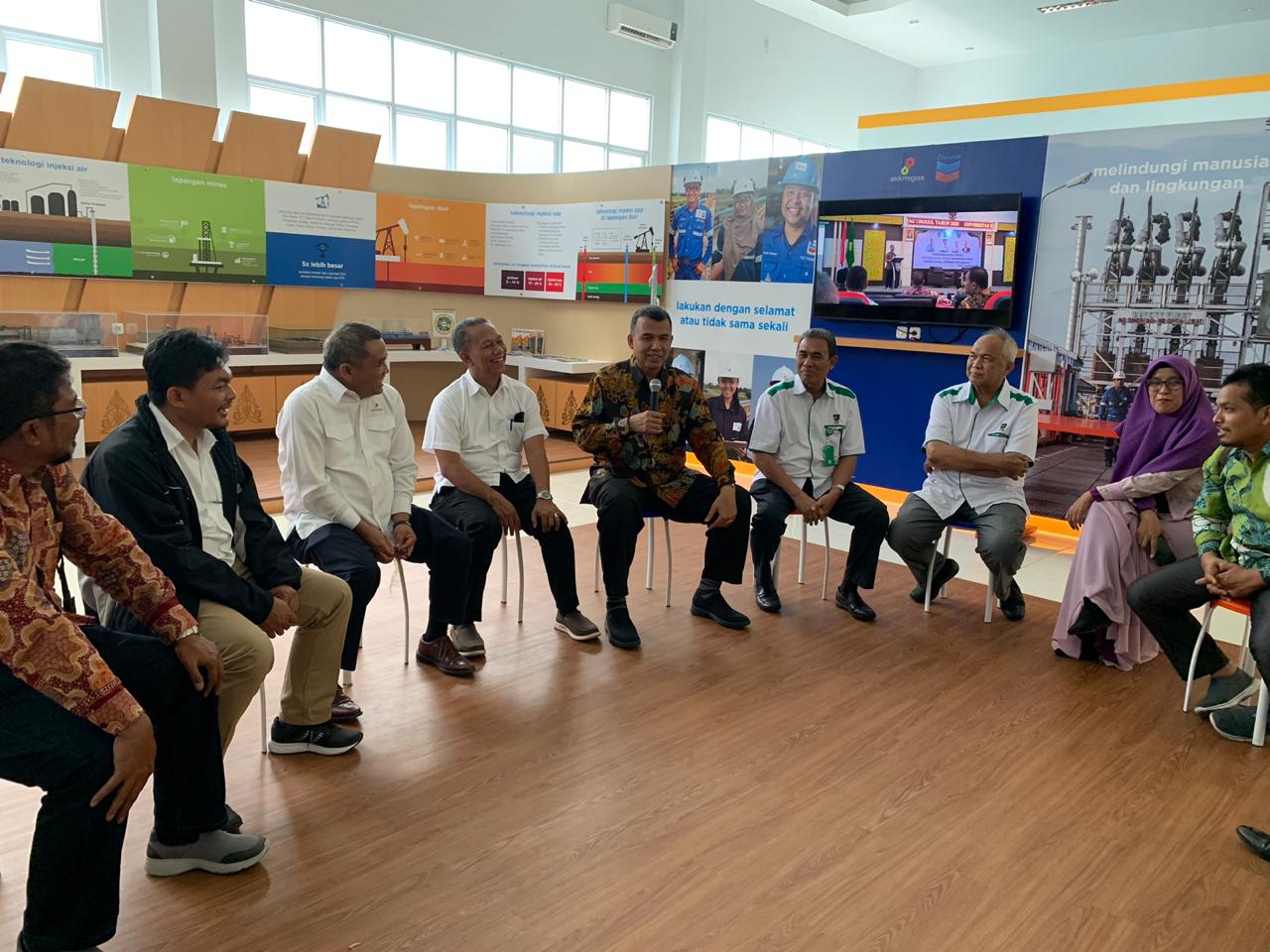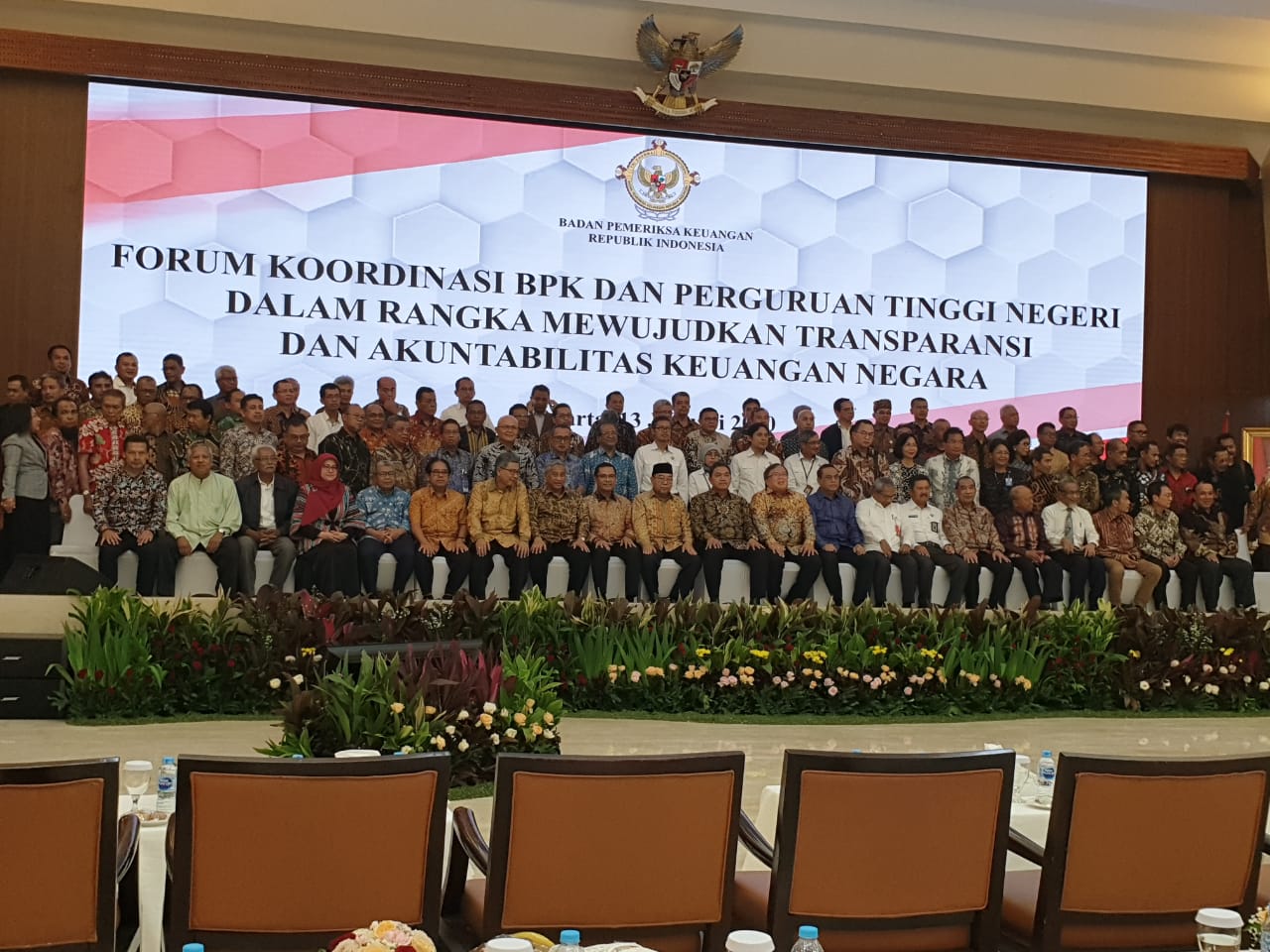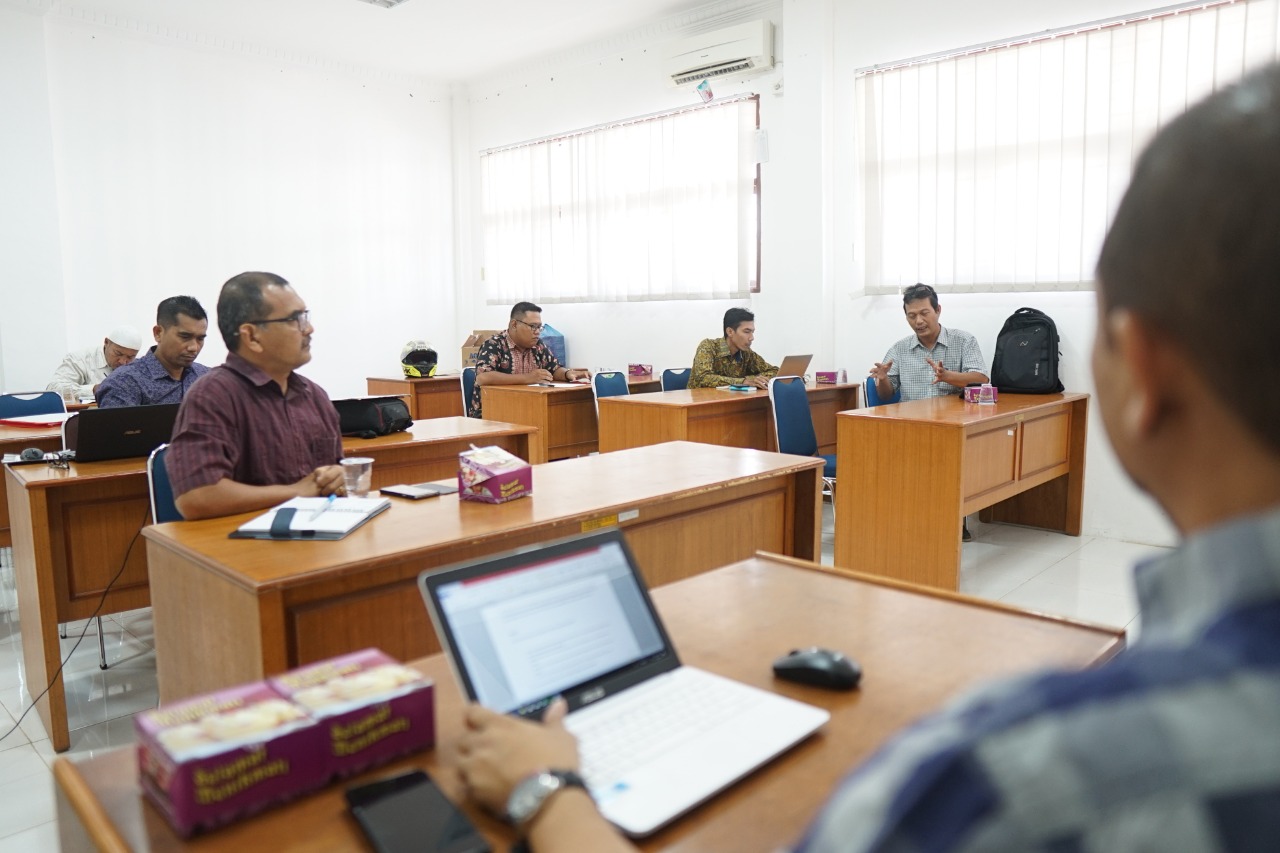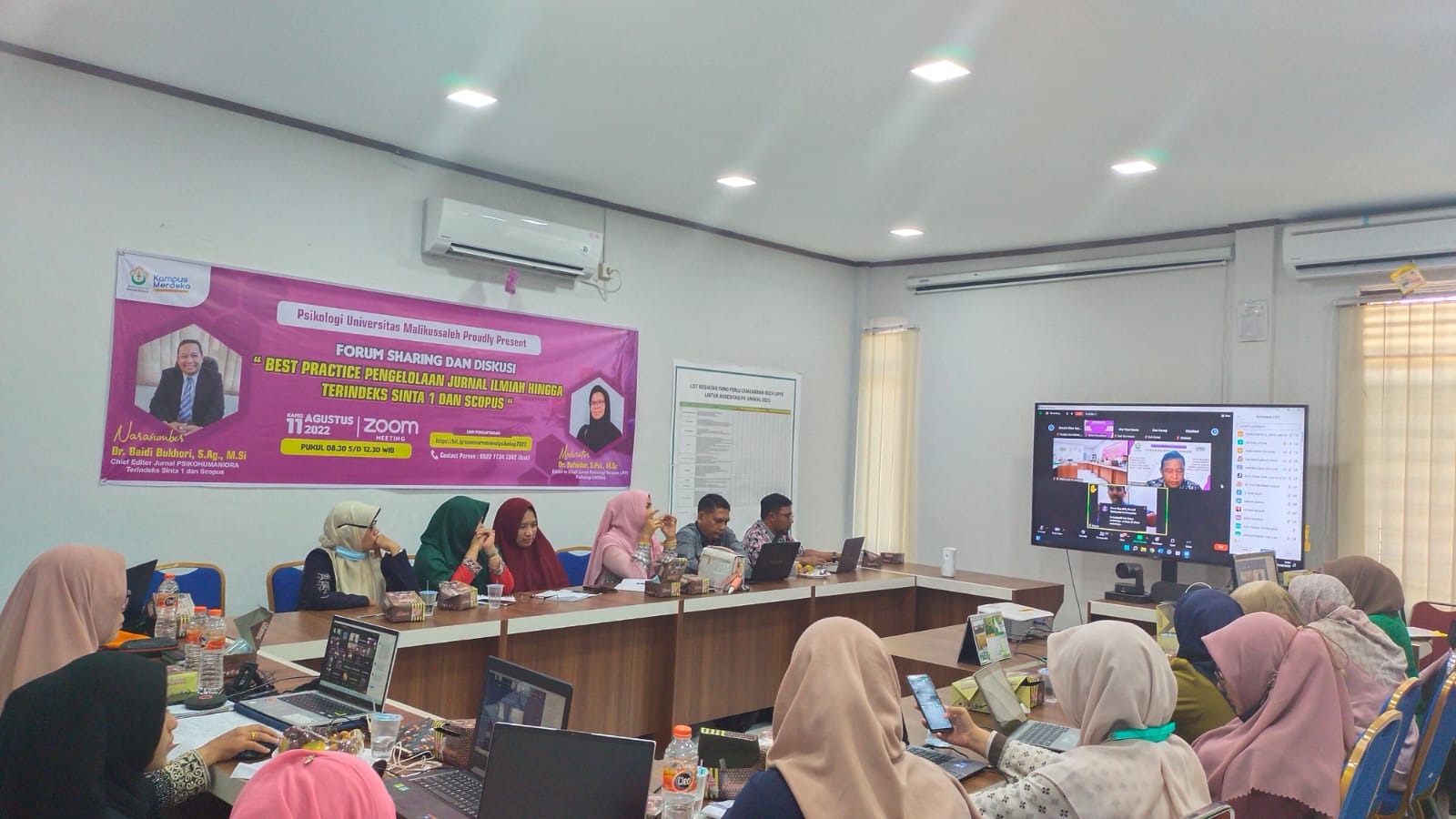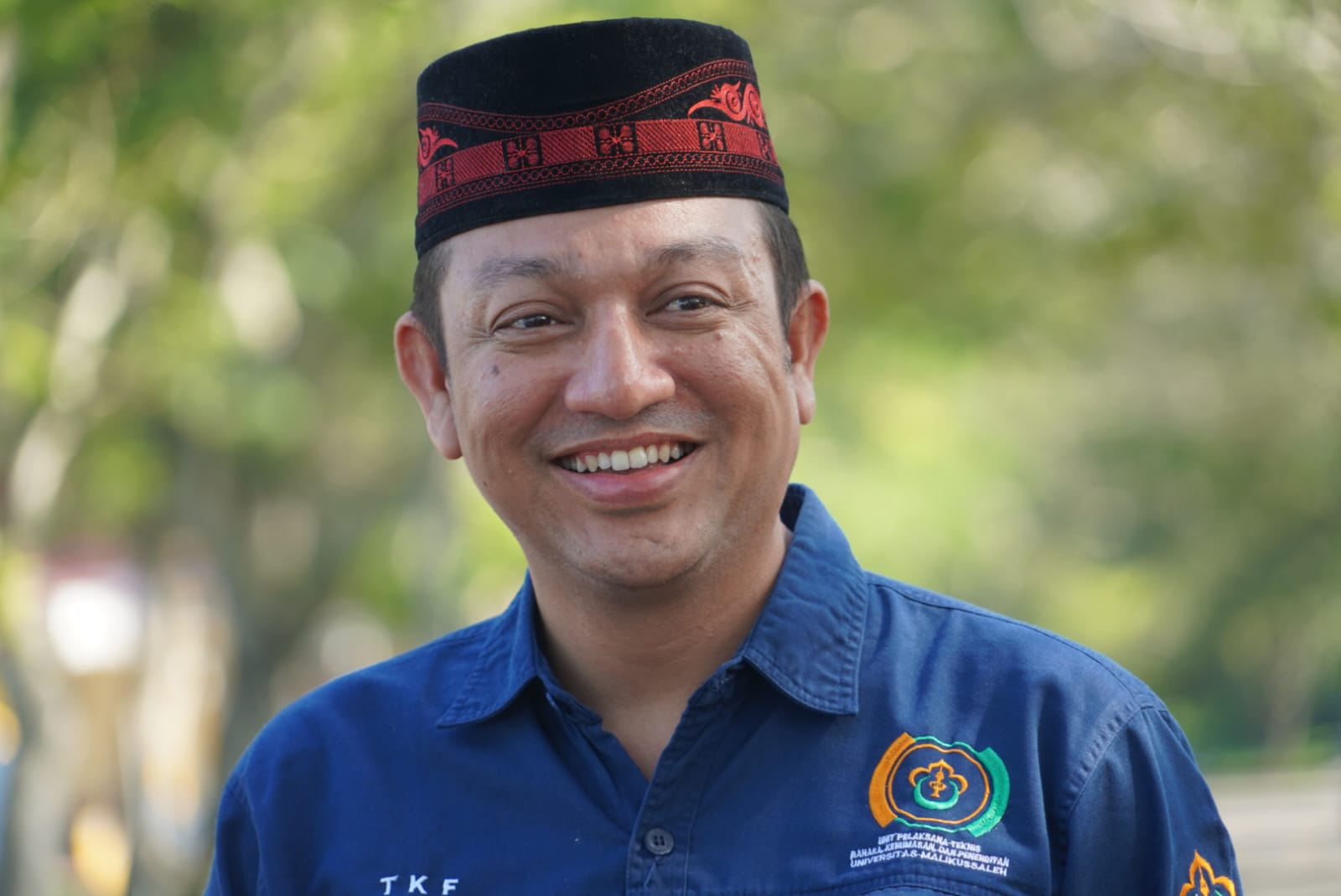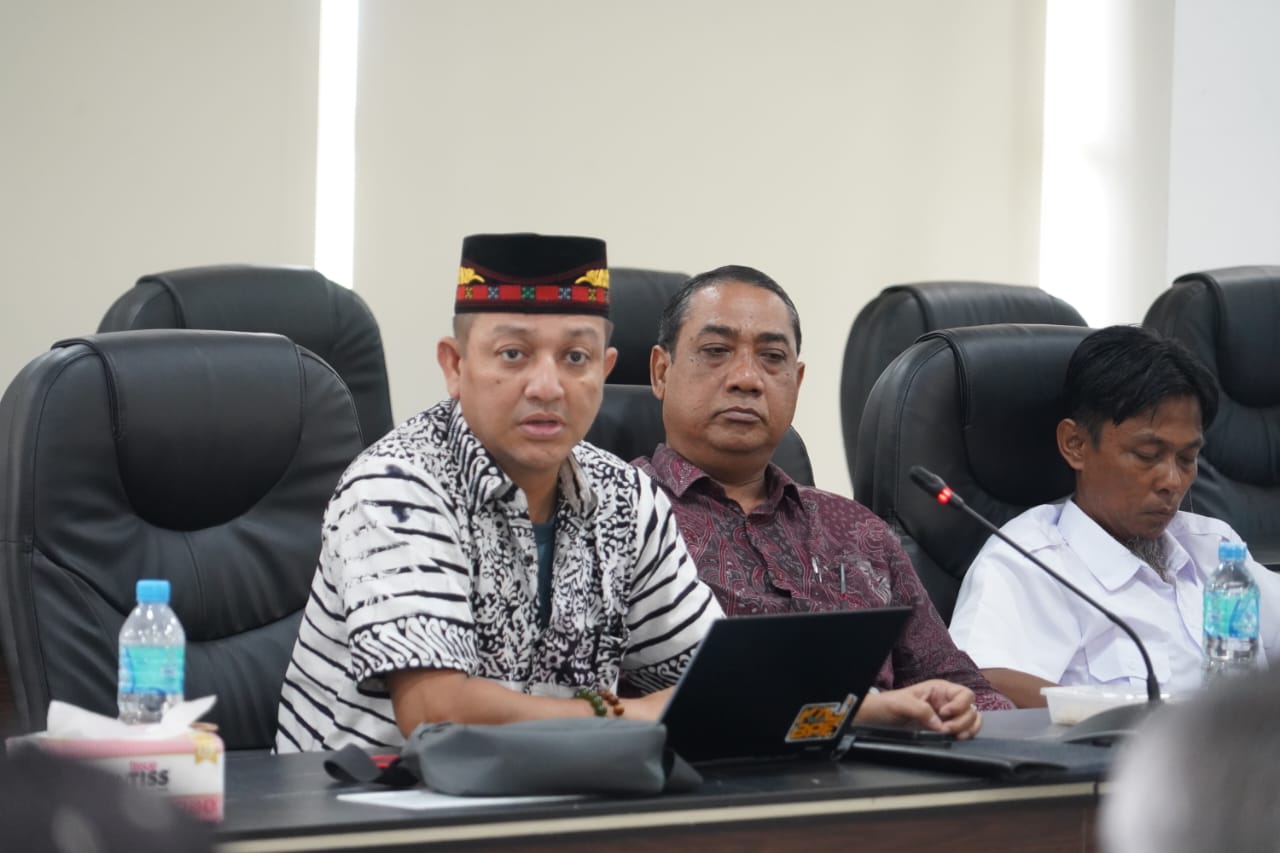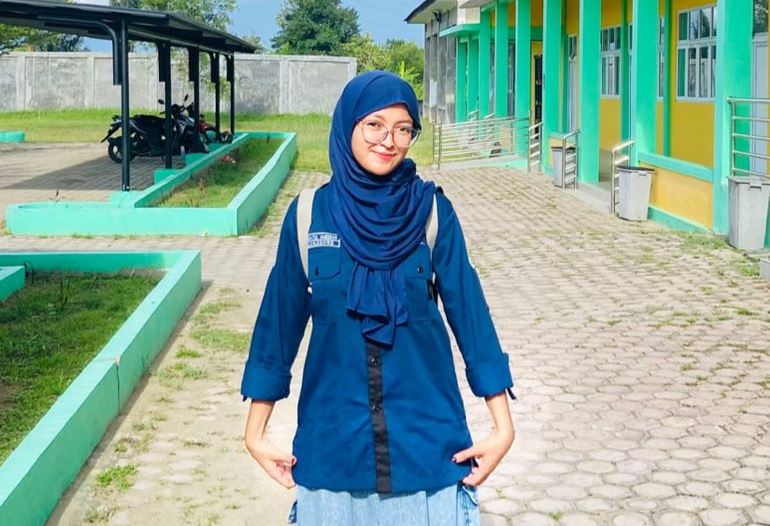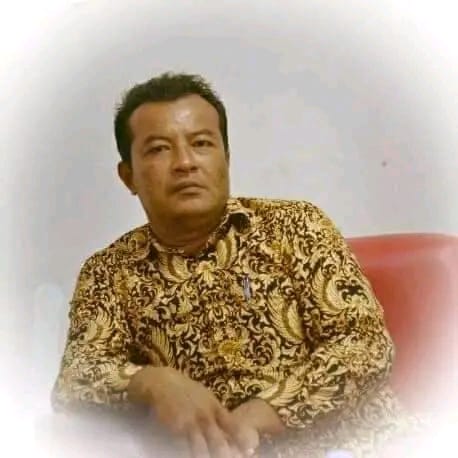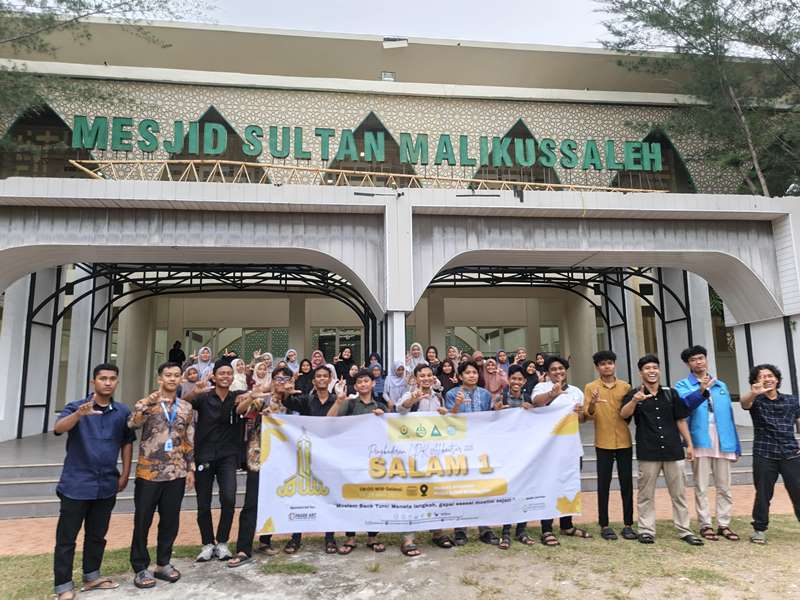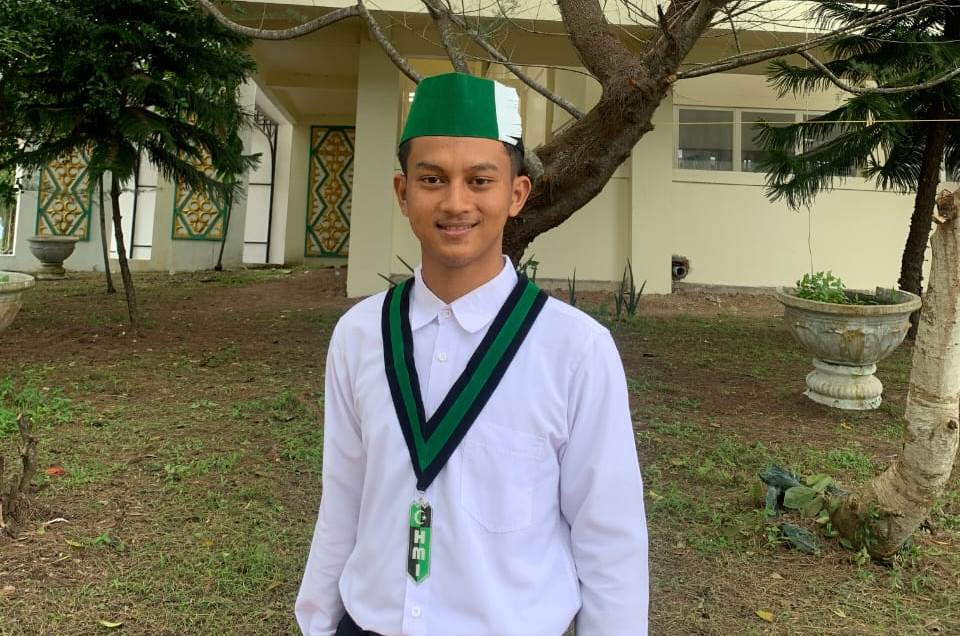SHARE:
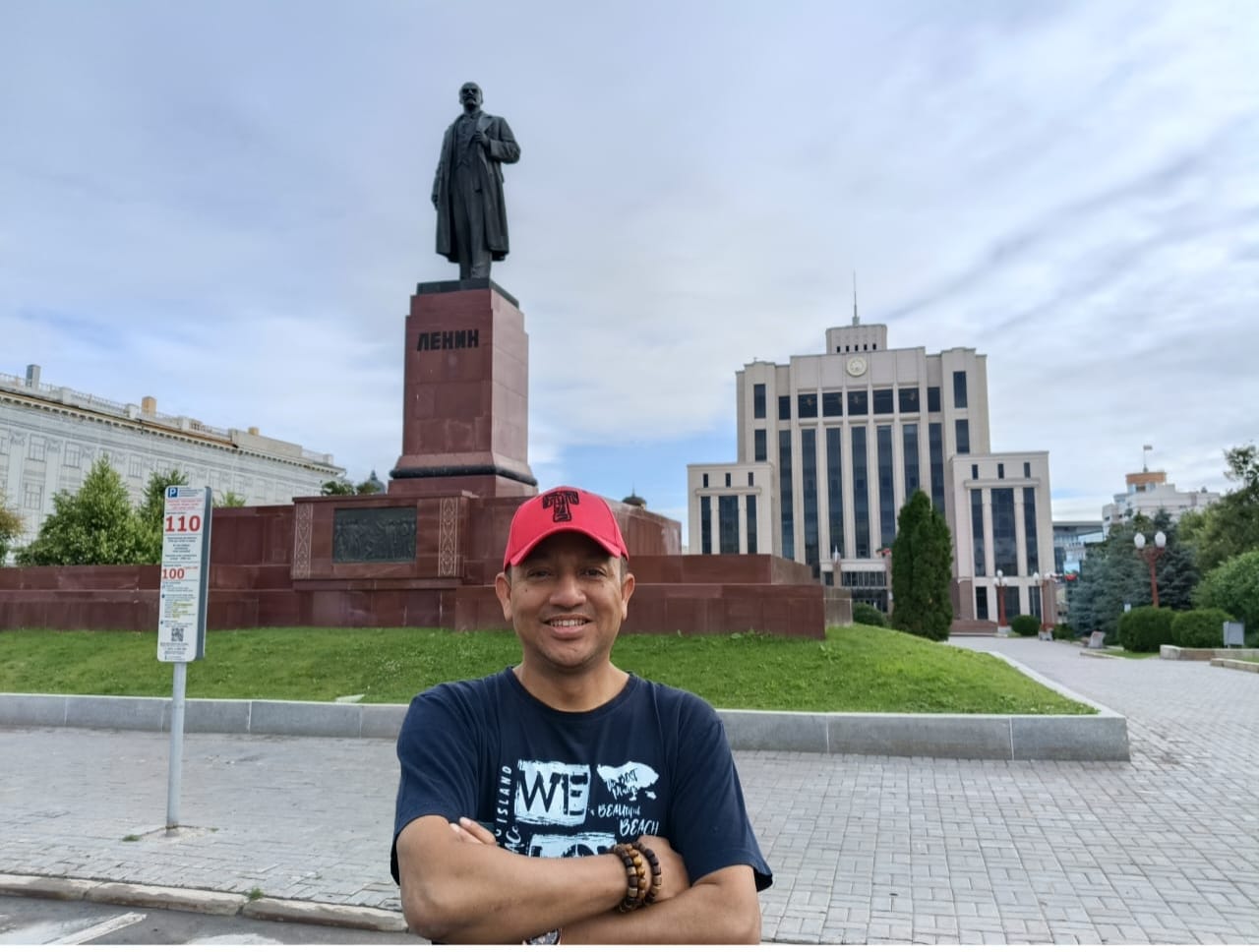
Teuku Kemal Fasya
From June 24 to 30, the author had the opportunity to visit Kazan and Moscow, Russia. This visit was part of an educational and research project to be carried out by several universities in Aceh under the institutional diplomacy of Wali Nanggroe.
Kazan is the capital of the Republic of Tatarstan, one of the 22 constituent entities of the Russian Federation that has been granted special powers and a distinctive constitutional framework. The predominantly Muslim population of the Republic of Tatarstan is a distinguishing feature of the region, despite the fact that Muslims constitute a minority. The introduction of Islam to Tatarstan was not the first instance in Russian history; however, it became the most significant, profoundly influencing national culture. The majority of Muslims in Russia adhere to the Shafi'i school of Sunni Islam. Nevertheless, it is notable that a considerable minority adheres to the Hanafi school of thought, which originated in Tatarstan.
The Kazan Kremlin complex provides an illustrative example of the enduring reality of truth and pluralism. The term "Kremlin" is derived from the Russian word for "fortress," historically providing a haven from external threats, including those posed by barbarian invaders, for the Russian community.
In the realm of tourist information, this historical site is designated as 'A Temple of All Religions.' Visitors can explore a variety of religious structures, including Orthodox churches, synagogues, and mosques. Notably, the Kul Sharif Mosque is the largest mosque in Europe outside of Turkey. Originally constructed in the 16th century, it underwent reconstruction in 2005. The history of the magnificent blue Kul Sharif Mosque is intricately linked to the historiography of Islam in Russia. Following its destruction, the mosque was rebuilt on a larger scale and has since become an emblem of hospitality and warmth among Muslims. Each day, hundreds of tourists ascend the minaret to observe the Muslim prayer ritual.
The silence side of Russia
This is important to clarify in the context of extrapolating the values of diversity that should flourish in every part of God's earth. For Indonesia, the idea of diversity must continue to resonate, as it is essential to maintaining the national identity of a nation that encompasses numerous tribes and cultures within its hundreds of ethnicities.
This aspect is less obvious in Russia because of the complex global history of the former Soviet Union in modern times. Much is misunderstood and distorted because of its poor relations with the United States and its allies after World War II and during the Cold War. This situation is exacerbated by the fact that the conflict with Ukraine is often viewed only from Kyiv's perspective, leaving Moscow's voice unheard.
For Indonesia, relations with Moscow go beyond mere bilateral formalities and are characterized by close and friendly ties. Many national political figures have served as diplomats there, including R. Subandrio, Alexander Maramis, Adam Malik, Manai Sophian, Rachmat Witoelar, and Hamid Awaluddin.
The problems are not only due to Western media bias. There are also internal factors and challenges. The use of the Cyrillic alphabet and the limited prevalence of English in Russia contribute to many people's inability to see the gem of diversity that is this former Iron Curtain country.
While there was persecution and destruction of religious values during the Soviet era, Russia has undergone significant changes after Perestroika and Glasnost. The communist political system collapsed in the 1990s, and the influence of capitalism and freedom has affected many aspects of Russian life today. Nevertheless, the cultural sediment of long-term repression remains in the mental and behavioral expressions of the Russian people, who speak less and smile less.
However, the existence of pluralism in Russia is a historical necessity for strengthening national identity. Pluralism is embedded in every aspect of social life because the country has nurtured diverse ethnicities for hundreds of years. These ethnic groups seek cultural nurturing grounds, one of which is the preservation of ancestral beliefs and religions. There are at least 193 ethnic groups in Russia, although 80 percent of the population is ethnically Russian. This means that without respect for pluralism, internal erosion could occur, potentially leading to fragmentation similar to the dissolution of the Soviet Union into 15 new countries.
Different paths, same goal
In fact, the growth of pluralism in Russia took a turn after the 1990s. During the Soviet era, the strategy was one of forced and brutal secularization, including the suppression of religious expression, persecution, and discrimination against religious believers. This period was characterized by iconoclasm and religious genocide, with the worst cases occurring during the era of Joseph Stalin, through campaigns promoting atheism that used derogatory terms to portray religious believers as "trash" or "vermin”.
However, after the reforms and the collapse of the Soviet Union, the project of secularism in Russia began to resemble that of other European countries, where the state does not promote any particular religion. Privileging a particular religion can lead to historical bias (even cause "historical cancer") while marginalizing other religions that do not receive such privileges.
However, the strategy pursued by Putin differs from other European countries. Since 2007, he has implemented a "transition towards desecularization," firstly by introducing regulations that provide protection for religious believers, but without equivalent protections for non-believers.
Second, the introduction of religious education into school curricula, the incorporation of religious references into politics, and making it an axiological space for strengthening national security. Thirdly, strengthening the social level by supporting the participation of religious institutions in social life, promoting anti-LGBT sentiments, and strengthening the legitimacy of religion in the context of supporting the war in Ukraine (Skladanowski and Smuniewski, 2023).
The positive aspect of the Russian model of pluralism, however, is its success in curbing the symptoms of European models of secularism, such as the rise of right-wing parties due to state control. This has prevented the rise of Islamophobia in Russia, as seen in countries such as the Netherlands, Germany, Italy, and France. Putin's post-secularism has accelerated the maturation of religious fervor, while allowing for the coexistence of religious pluralism after a long period of repression.
He provides massive support to both the Orthodox Church and Islam, as when Putin inaugurated the Moscow Cathedral Mosque in 2015 with full government funding. Even during the tragedy of March 23, 2024, which left 144 people dead, Putin firmly rejected the idea that it was part of an attack by Islamic fundamentalists. Our country cannot be penetrated by terrorist groups, because we are a unique example of harmony between faiths and unity among religions and ethnicities" (Reuters, 4/4/2024).
For Indonesia, where our religious histories have coexisted peacefully for a longer period of time, we should increasingly preserve pluralism and multiculturalism without succumbing to the shallow identity politics peddled by petty politicians. Post-reform religious political strategies in Indonesia have run parallel to democracy, often referred to as religious nationalism (Menchik, 2015). Our path of pluralism differs from Russia's in that it is largely the result of local initiatives and civil society movements working together, rather than being driven solely by national political projects.
Therefore, our path to diversity should be as long and enduring as the Volga River that divides Kazan and Moscow and flows into the Caspian Sea. For Aceh itself, this can serve as a mirror to show the ethnographic aspects of Acehnese Islam, which embraces differences and actively promotes knowledge.
Teuku Kemal Fasya, lecturer in Anthropology, Faculty of Social and Political Sciences, Universitas Malikussaleh. Original publishing from Serambi Indonesia, July 12, 2024. Translated by Sisca Olivia.
